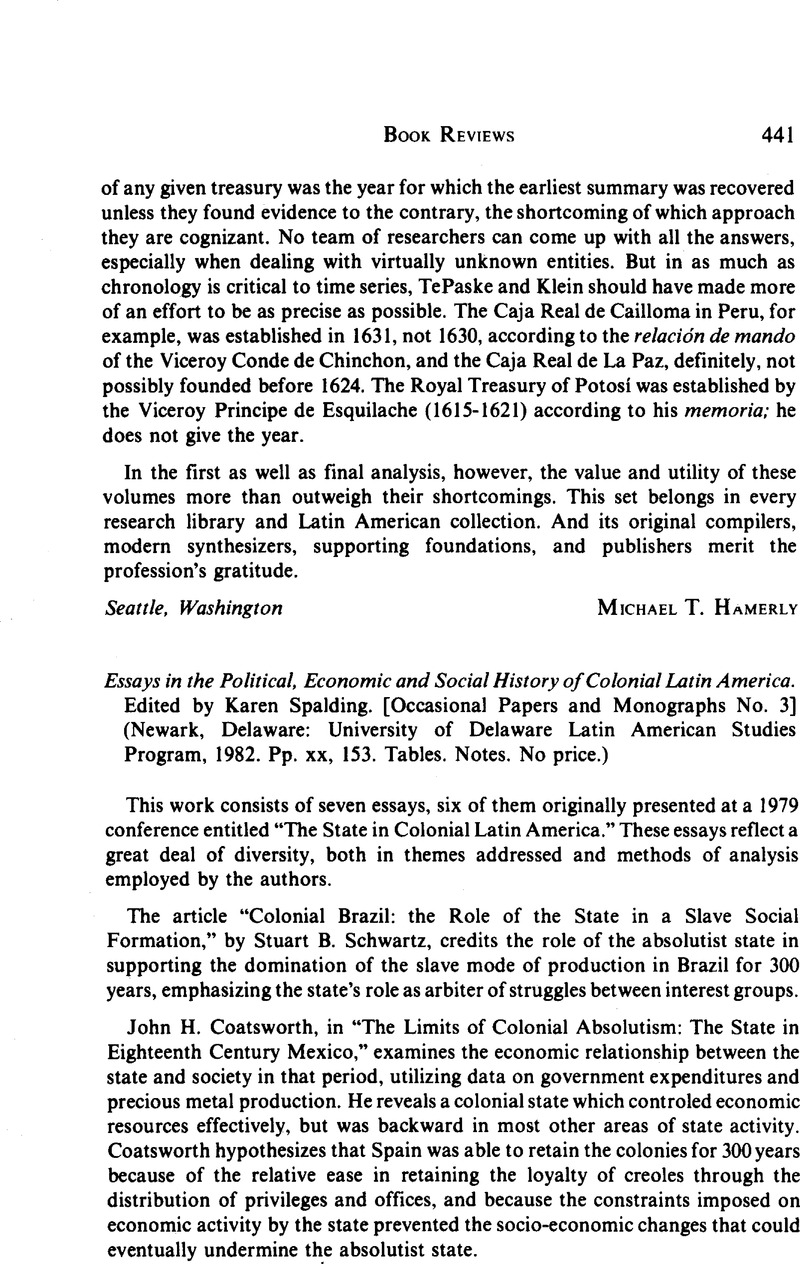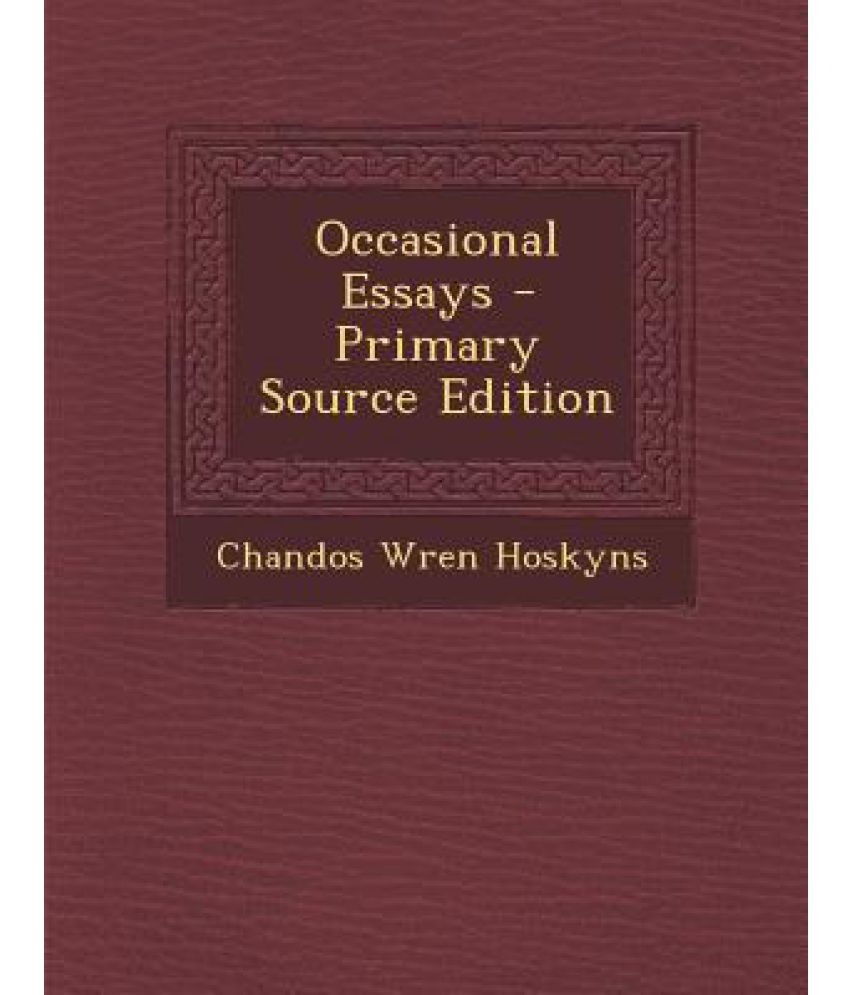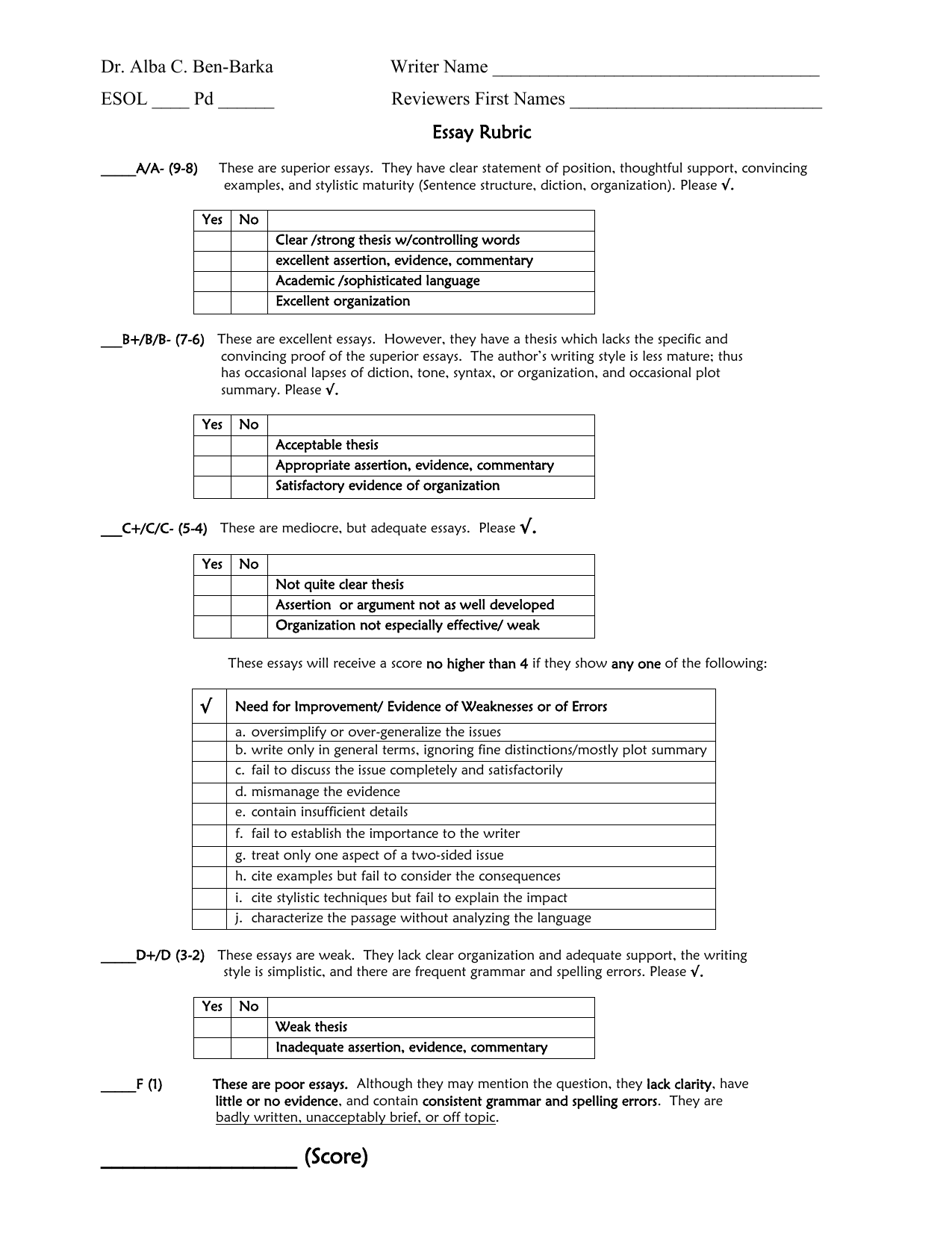Occasional Essay


Occasional arguments are good for friendship. It is an opportunity to bring two people together. Let’s each other learn more, understand each other more, and improve friendship by time. The diagnosis of amyotrophic lateral sclerosis (ALS) requires recognition of both lower motor neuron (LMN) and upper motor neuron (UMN) dysfunction.1 However, classical UMN signs are frequently difficult to identify in ALS.2 LMN involvement is sensitively detected by electromyography (EMG),3 but, as yet, there are no generally accepted markers for monitoring UMN abnormalities,4 the. Marshall Center Occasional Papers are a series of monographs covering a wide range of issues in the field of political-military affairs, with a strong emphasis on the topics covered in the resident courses and outreach events hosted by the Marshall Center. These papers offer in-depth analysis of key issues being discussed by scholars and security experts.


Marshall Center Occasional Papers are a series of monographs covering a wide range of issues in the field of political-military affairs, with a strong emphasis on the topics covered in the resident courses and outreach events hosted by the Marshall Center. Occasional Papers Disclaimer: RGICS is the division of the Rajiv Gandhi Foundation engaged in the study of contemporary issues. The views represented in the various papers/articles/videos on the RGICS website are those of the respective authors /speakers and do not represent the views of the Trustees of the Rajiv Gandhi Foundation.

Zadie Smith Occasional Essays
Les mesures restrictives sont les instruments de prédilection de l’Union européenne (UE) pour imposer des mesures de coercition aux pays tiers. Distinguant les différents cas de figure en cause en fonction de leur coût juridique potentiel, il s’agira ici de proposer un guide pratique du choix des mesures restrictives appropriées.
In recent years, non-state actors (NSAs) have become an important part of the EU’s policy-making process regarding the conflict. This paper examines a group of actors that, although under-researched, play a significant role in the formulation and evolution of EU external policy.
Over the last decade, researchers and policy-makers have paid increasing attention to diasporas. This Occasional Paper explores the untapped potential of African diaspora communities in promoting peace in their homelands and assesses how the European Union can engage with these non-state actors in the field of peace and security.
This Occasional Paper examines one of the ‘forgotten conflicts’, between the ‘Moros’ and the Philippine State, highlighting the EU's gradual move from the humanitarian and development arena towards a more explicitly political role in the peace process, in close cooperation with its Member States and with European NGOs.
Considering its linkages with various areas such as energy security, economic growth and diplomacy, climate change is a major ‘game-changer’ in international relations. The development of the climate change regime presents the EU with both an opportunity and a threat, in as much as it may either accelerate Europe’s decline as a foreign policy actor or, on the contrary, reinvigorate its diplomatic ambitions.
L’interrogation à laquelle tente de répondre la présente étude est de savoir si l’investissement de l’UE dans la CEEAC en tant qu’acteur de sécurité collective en Afrique centrale se justifie. Le constat, il faut le regretter, n’est pas encourageant. Intervenant sur un milieu il est vrai peu porteur, l’UE ne s’est pas donné les moyens des fins affichées.
The Lisbon Treaty opens up the possibility of giving fresh impetus to interparliamentary cooperation in the field of the Common Foreign and Security Policy (CFSP). Staunch parliamentary support is essential if a strong Europe that speaks with one voice and pursues a common foreign policy is to emerge. All of the EU Member States are aware that this is the case and share this goal, as this paper demonstrates.
In Africa, the aid and security policies of the EU and China are often contradictory. Rather than overemphasise the norms debate, the author argues, the EU and China should focus on seeking common ground and developing a pragmatic approach.
What scenarios lie ahead for Russia after the March 2012 presidential elections? The authors of this paper define potential ‘game changers’ and provide conclusions as to which post-election scenarios might be more favourable to Russia, and to the European Union.
While the current focus of EU foreign policy is firmly trained on its southern neighbourhood, this paper explains why the EU should not forget about the long-simmering disputes in its Eastern neighbourhood – disputes which might once again require EU responses in the future.